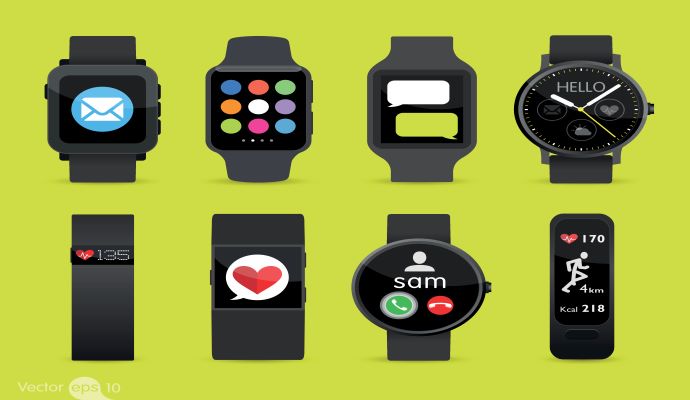Wearable Devices Can Help Track ALS Disease Progression
New research shows that wearable sensors enable remote assessment of motor function in home-based ALS patients, improving disease progression tracking.

Source: Getty Images
- Wearable sensors can help clinicians measure gross and fine motor function in patients with amyotrophic lateral sclerosis (ALS) from data collected in their homes, according to new research.
Conducted by researchers from Massachusetts General Hospital and ALS Therapy Development Institute, the study was published in Nature Communications. The study aimed to assess wearable device use in tracking ALS disease progression.
The study states that clinician or patient-performed ALS Functional Rating Scale-Revised (ALSFRS-R) is a useful assessment of global motor function among ALS patients. But researchers noted that the ALSFRS-R is subjective and performed intermittently, which could limit its ability to measure disease progression. Thus, they explored the use of wearable sensors in capturing data from patients at home that could be used to track motor function and disease progression more effectively.
The researchers analyzed accelerometer data from sensors worn on the wrist and ankles by 376 individuals with ALS. They asked study participants to continuously wear a sensor on each wrist and ankle for a week each month and perform five limb-based exercises on alternating days.
The researchers then extracted submovement, activity bout, activity index, and spectral movement features from the data collected. They used these features to create two supervised machine-learning approaches to produce composite measures of overall motor impairment.
The study shows that this analysis of wearable sensor data provided "reliable, sensitive, and interpretable measures" of motor function in ALS patients.
"Taking the score of the limb with the maximum progression rate produced a motor outcome measure that was consistent with but more sensitive than the current primary outcome measure in most ALS trials (ALSFRS-R), resulting in smaller hypothetical clinical trial sample size estimates," the researchers wrote.
Thus, in addition to supporting the routine clinical care of ALS patients, wearable sensors could increase access to clinical trials and support virtual clinical trials in ALS, they stated.
The study adds to growing research on wearables use in healthcare.
In June, a study published in JAMA Network Open showed that hospitalized patients using wearable devices had better physical activity levels and physical functioning than patients receiving standard care.
The study involved a review of 15 studies with 1,911 participants. The studies represented various surgical cohorts, stroke rehabilitation, orthopedic rehabilitation, mixed rehabilitation, and mixed medical patients.
Researchers found a strong link between wearable activity tracker-based interventions and higher physical activity. The interventions were also associated with lower levels of sedentary behavior. Further, the group using the wearable devices experienced more prominent improvements in physical function compared to those engaged in standard care.
These research insights come as the use of wearable health devices is on the rise among Americans. A Morning Consult survey, which polled 2,201 United States adults between Jan. 23 and Jan. 25, showed that wearables use increased by 8 percentage points compared to results from a previous poll conducted in December 2018.
US adults said they used wearables to achieve fitness goals (31 percent), track health data (24 percent), and receive support for losing/controlling their weight (13 percent).
Another survey, which polled 2,005 US consumers in the first quarter of 2022, showed that wearables users were satisfied with their devices. About 70 percent of survey respondents who owned wearable devices said they helped improve their fitness and health, and 30 percent said they significantly improved their fitness and health.
About 55 percent of wearable device owners also said they share their data with their healthcare providers.
